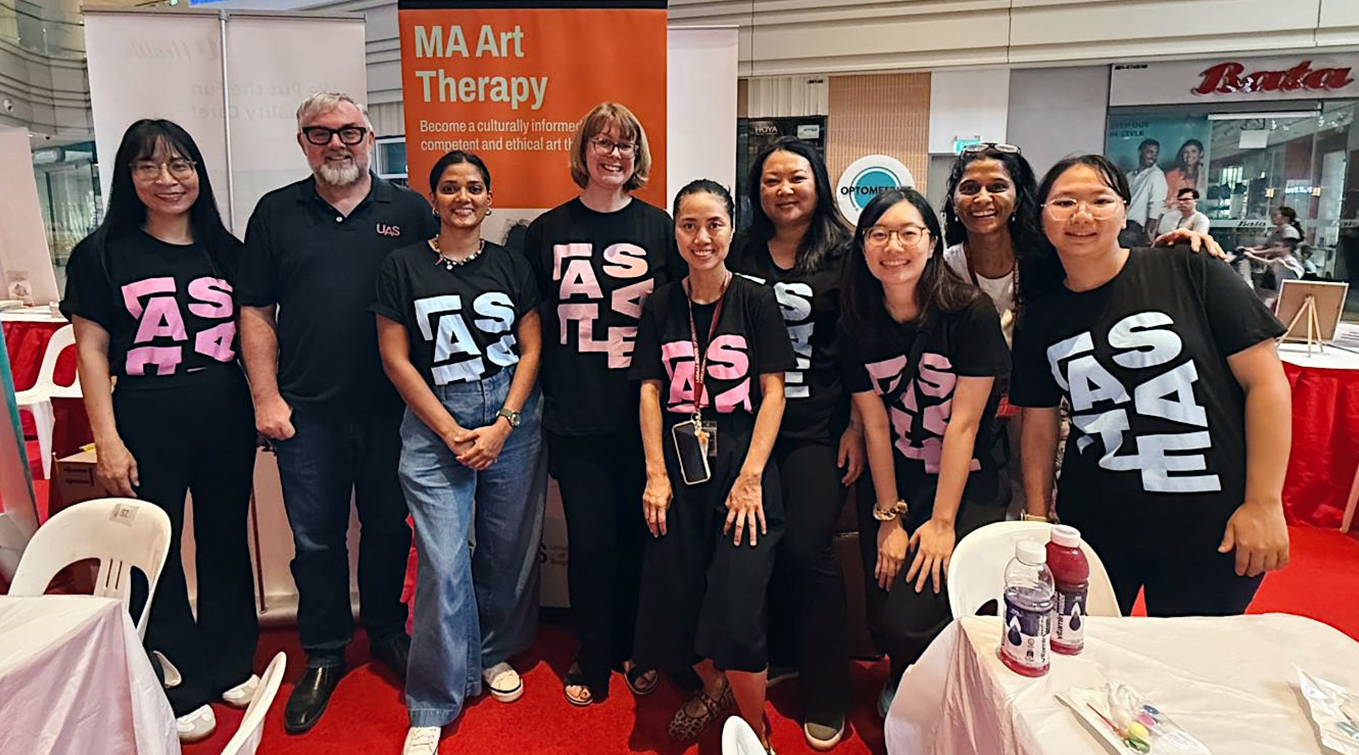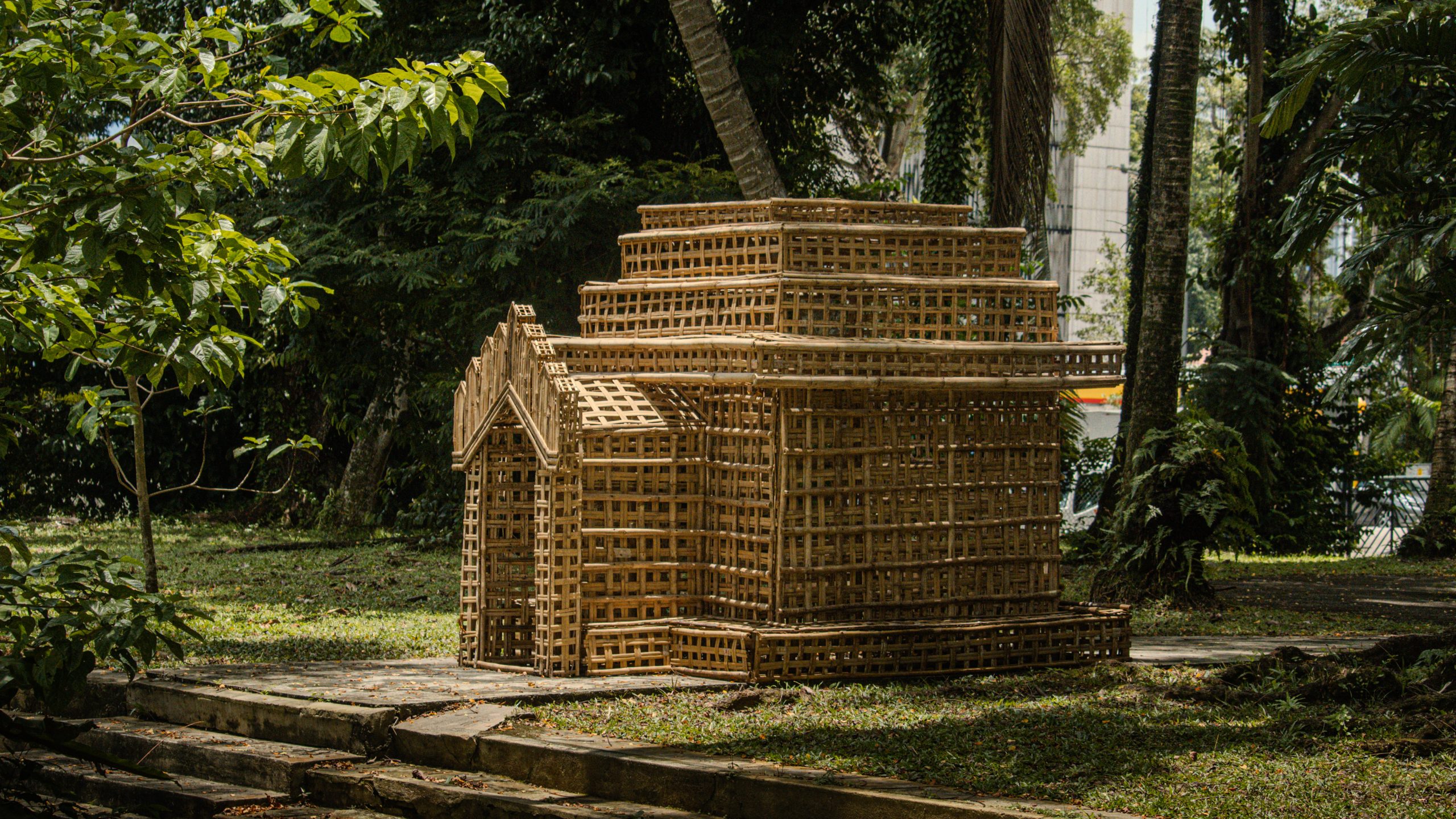
Registration-form_2day-Fundraising-workshops
Related file
Fashion takes flight at Wisma Atria with LASALLE’s School of Fashion and Mattel Singapore
30 Barbies collaboratively attired by 30 students from the BA (Hons) Fashion Design and Textiles and BA (Hons) Fashion Media and Industries programmes are currently on display at the indoor …
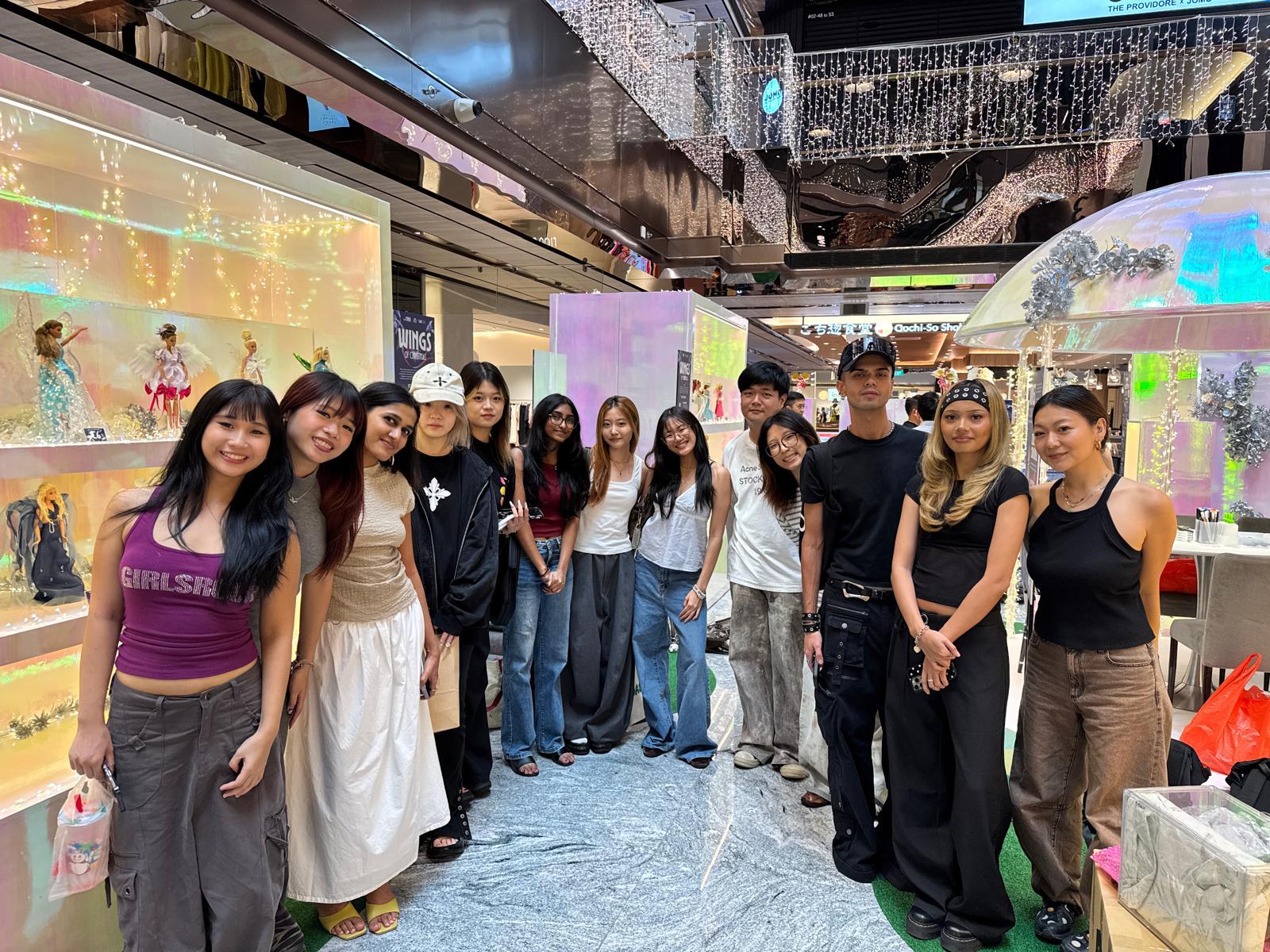
In the studio with: MA Fine Arts’ Nanaki Singh and Lim E-Lynn Joanne
The artist’s studio is a space for individual experimentation and creation, but for Class of 2025 MA Fine Arts’ graduates Nanaki Singh and Lim E-Lynn Joanne, their studios were not …
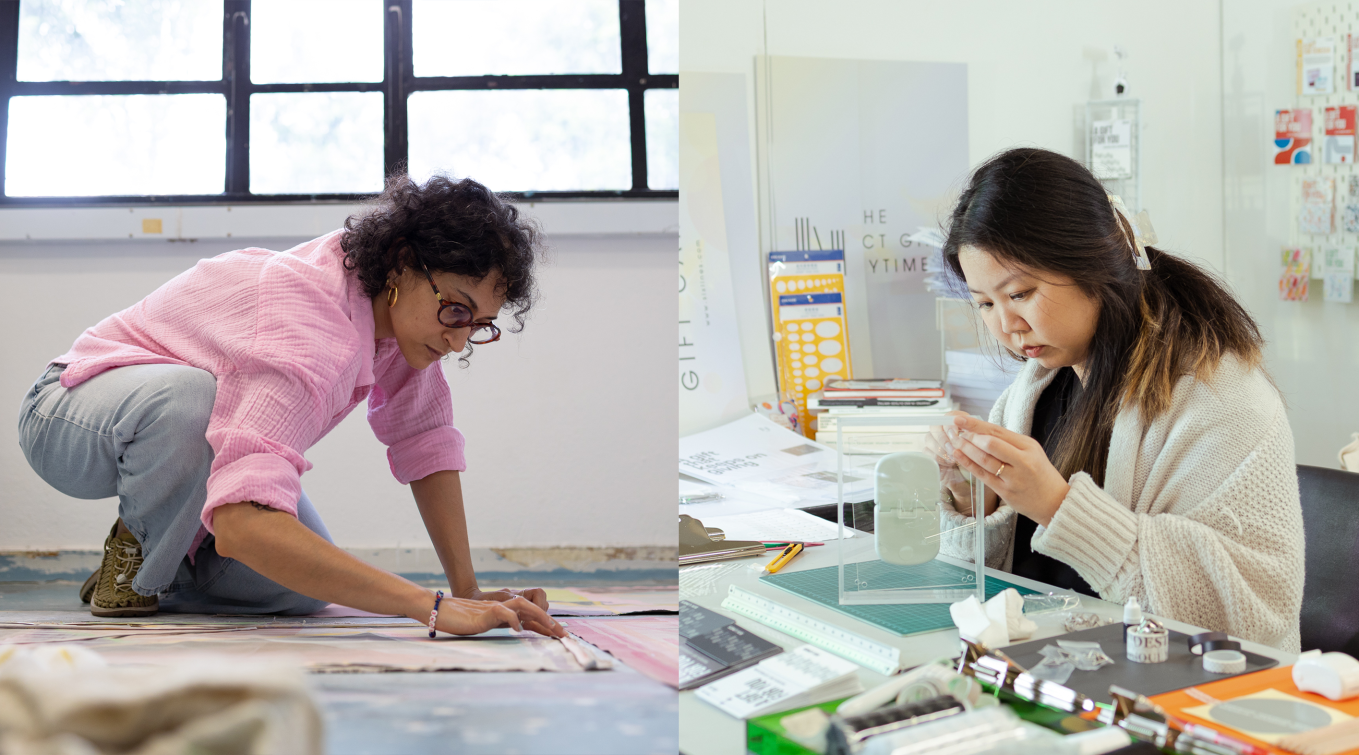
In the studio with: MA Arts and Ecology’s Charles He and Pauline Lim
The MA Arts and Ecology programme, one of LASALLE’s latest MA offerings, is a unique transdisciplinary programme for creative practitioners who seek to explore critical environmental discourses, address questions around ecological crisis …
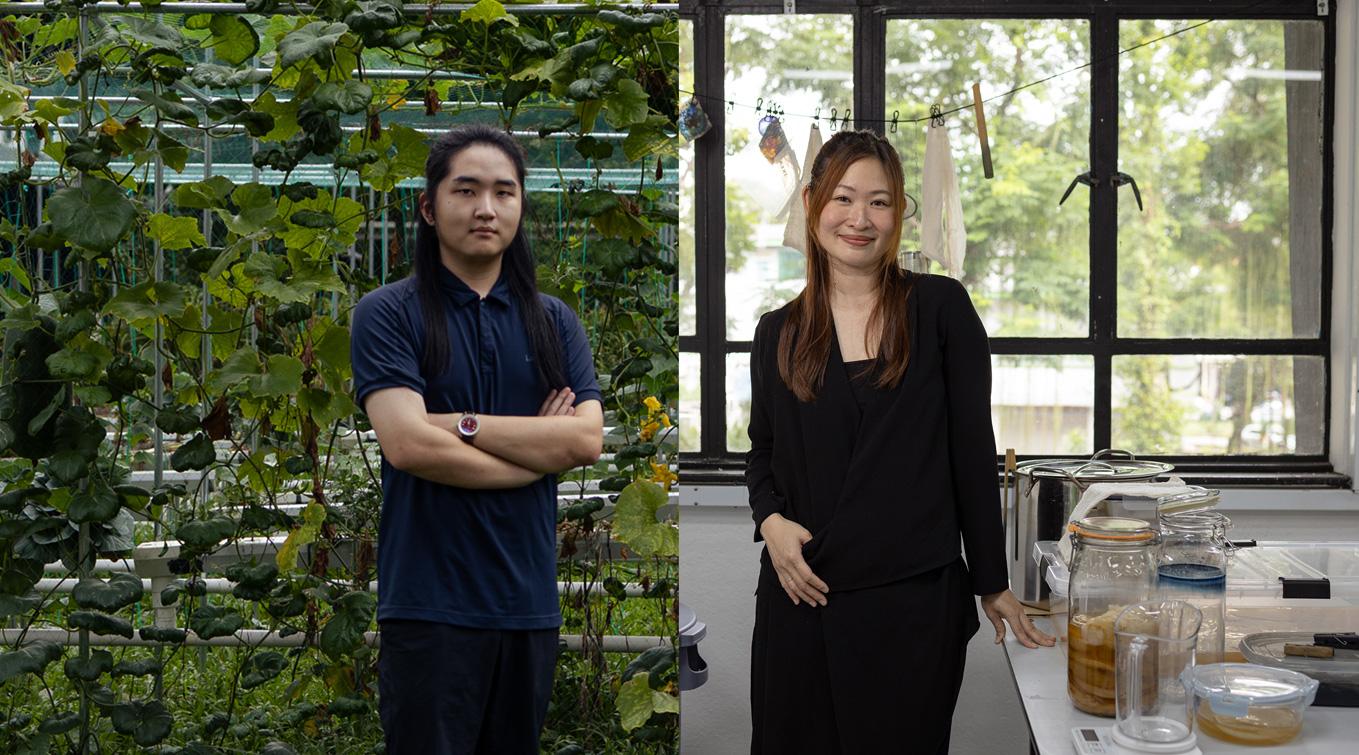
LASALLE’s MA Art Therapy students participate in Caregiving Welfare Association’s Caregiving Fest 2025
By Danielle Henricus and Mandy Lim Photos by Mandy Lim On 20 September 2025, LASALLE’s Year 1 MA Art Therapy students participated in Caregiving Fest, as part of Caregiving …
